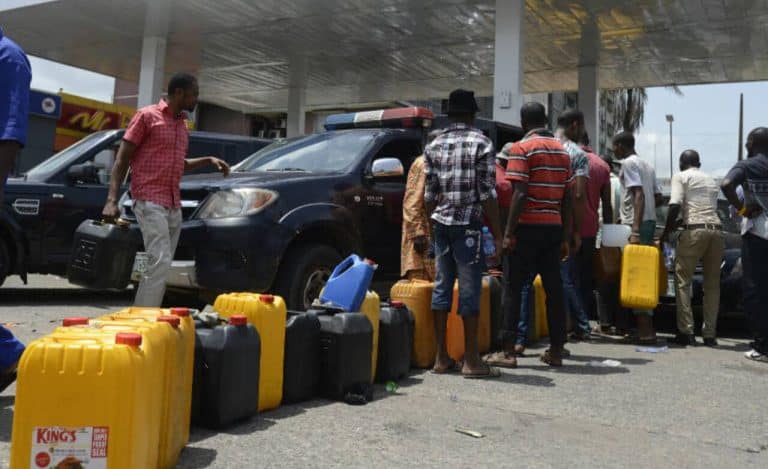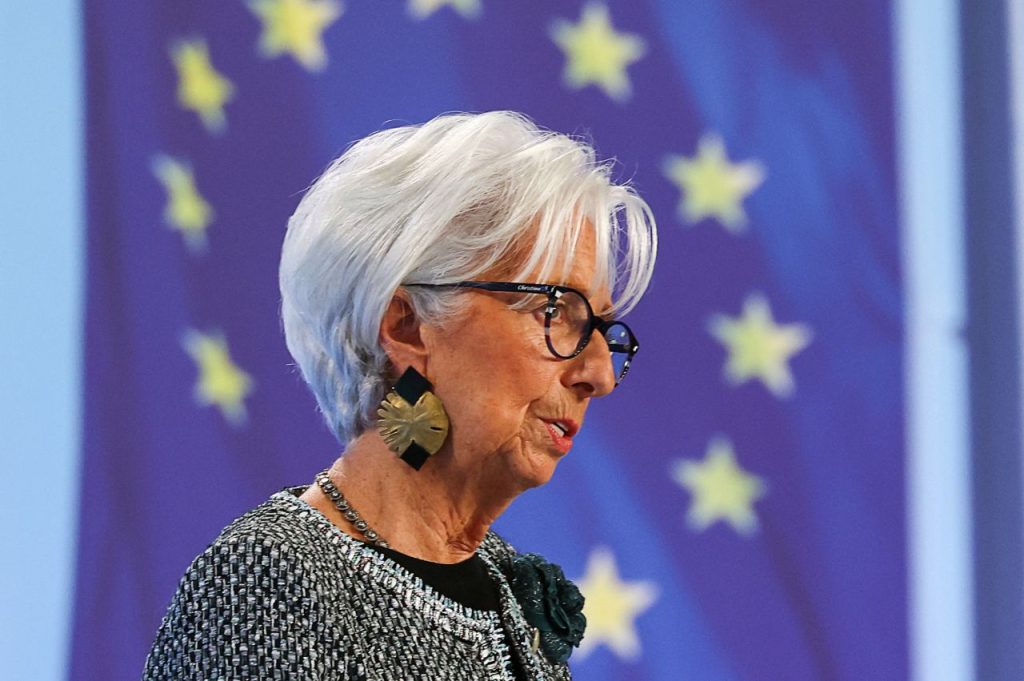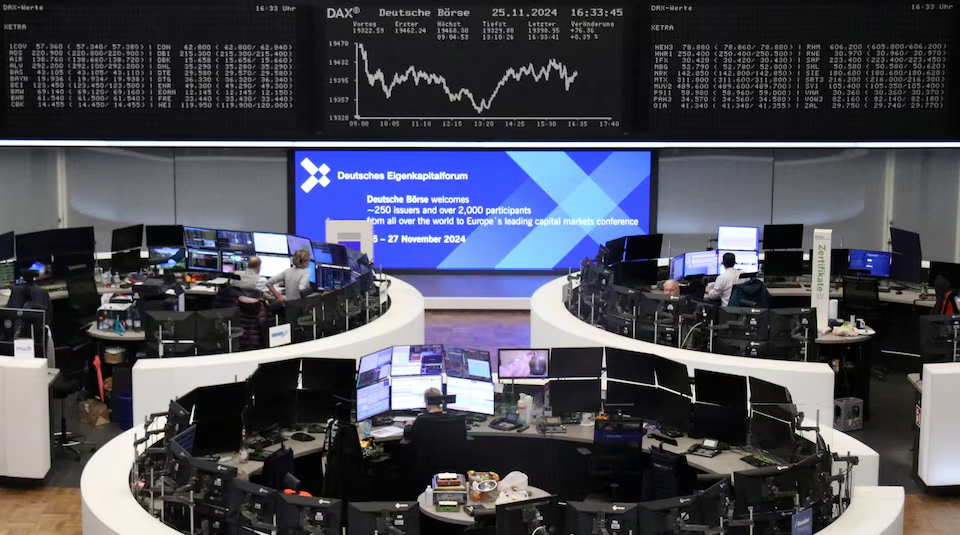Petrol Panic: Nigeria’s Fuel Crisis Worsens as Debt, Liquidity Issues Bites Hard

The dark cloud of petrol scarcity continues to hover over Nigeria, as the nation reels from a $6 billion debt to fuel suppliers, severe liquidity issues, and a slew of other factors crippling the government’s ability to maintain regular product importation.
The steeply inflated landing cost of petrol, due to the staggering exchange rate of $1,500 per dollar, has forced oil marketers to curb their importation activities, resulting in widespread scarcity and long queues at the few filling stations still operational.
While the national economy grapples with the consequences of currency fluctuations, low crude oil production, and high monetary policy rates, independent marketers have devised strategies to eke out the limited supply available to them.
Despite the strenuous efforts of NNPCL, the country’s national oil company, to alleviate the crisis and maintain a consistent supply of petroleum products, the struggle to curb the dire situation persists.
In a telling admission, NNPCL acknowledged its massive debt to petrol suppliers, a crippling financial burden that threatens the long-term stability of fuel supply in the country.
As the NNPCL works frantically with relevant agencies to stave off a full-blown crisis, independent marketers have been left to fend for themselves, facing an uphill battle in gaining access to scarce petrol supplies.
IPMAN, the independent marketers’ association, bemoaned the continued exclusion of its members from direct bulk supply from NNPCL, leaving them at the mercy of a volatile market where petrol prices fluctuate wildly.
With little relief in sight, the fuel shortage continues to stymie businesses and choke the economy, casting a pall of uncertainty over the nation’s future.
As the country grapples with a deepening petrol crisis, many Nigerians are increasingly frustrated by the government’s perceived inability to alleviate the fuel scarcity.
With the forthcoming holiday season fast approaching, commuters and travelers face the prospect of even longer queues at the few functioning petrol stations, as well as exorbitant black market prices for the scarce commodity.
The ripple effects of the crisis are far-reaching, from crippling productivity in the transport and logistics sectors to exacerbating inflationary pressures across the economy.
REFERENCE AND CITATIONS:
- PUNCH – Petrol scarcity set to worsen as NNPCL admits $6bn debt.
- Vanguard – No end in sight to petrol scarcity as economy gasps for breath.
- Daily Post – Petrol Price: Fresh crisis looms as NNPCL admits financial constraints.
- Naija News – Petrol Scarcity persists as economic strain deepens.






